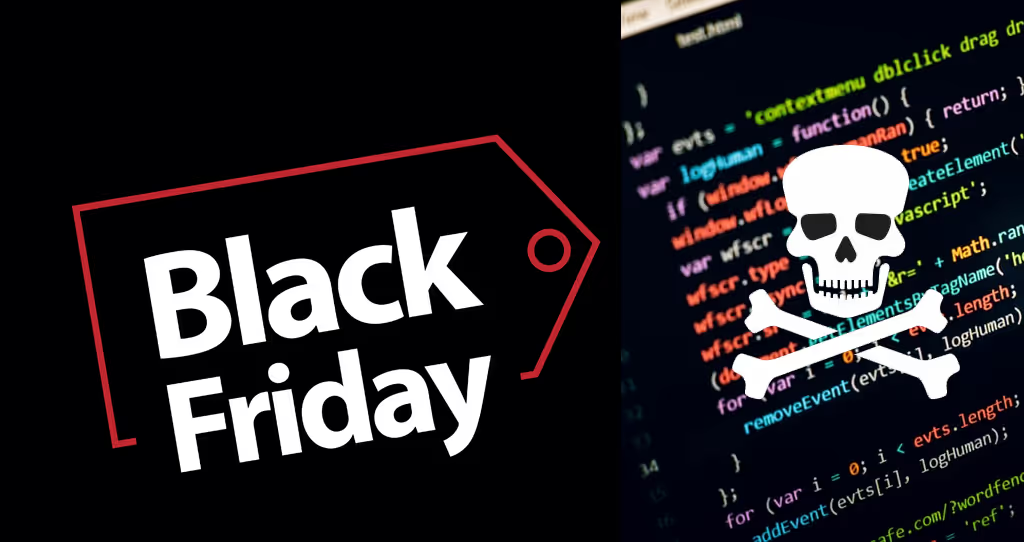Black Friday & Christmas. Without a doubt, the best recommendations for your "cyber" purchases
This holiday season, phishing scams multiply across email, SMS, and social media. Learn how to spot fake senders, avoid suspicious links, and protect your online purchases with Kymatio’s tips.

Black Friday & Christmas: The Best Recommendations for Your “Cyber” Purchases
As Friday is Black Friday (well, all week, really), many of us will give in to the consumerism that surrounds us and begin online shopping from now until King’s Day.
During this period, phishing attempts multiply — impersonating:
- Sellers (Amazon, AliExpress)
- Payment methods (PayPal)
- Carriers (DHL, Post)
… and using all available channels: email, SMS, social networks, etc.
Because the likelihood of interacting with these companies during the holiday season is high, we are more inclined to believe that the messages we receive are legitimate.
How to Avoid Falling for Phishing Scams
From Kymatio, here are some practical tips:
1. Check the Sender
The email address must belong to a known domain (the part after @), e.g., @amazon.com, @paypal.com. Fake domains often look similar but are deceptive, e.g.:
@amaz.onamazon@soporte.comsupport@amazon_ventas.com
2. Beware of Generic Greetings
Phrases like “Dear Customer” or “Dear User” are red flags. Companies you have purchased from know your name and will use it.
3. Don’t Open Attachments or Click Links
Never open attachments or follow links from suspicious emails. Legitimate online stores have secure customer sections where you can:
- Track shipments
- View invoices
- Check incidents
Instead, access the official mobile app or the official website directly.
To have the best recommendations and support in keeping your workforce safe, remember you have Kymatio available.
Contact us now!
Frequently Asked Questions





















